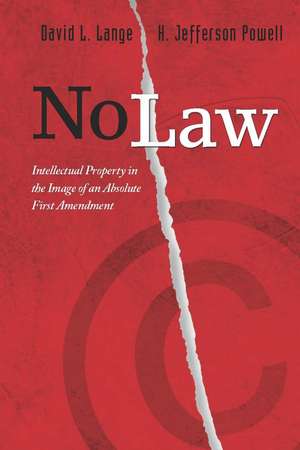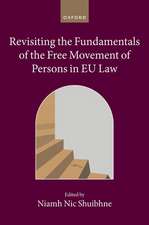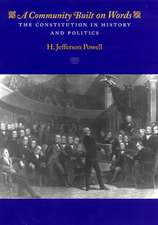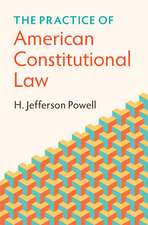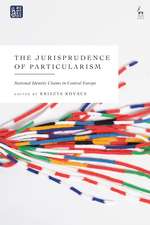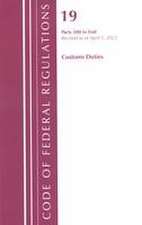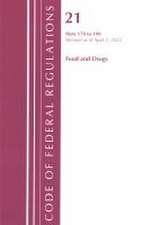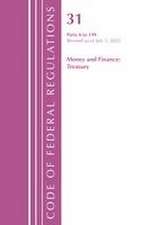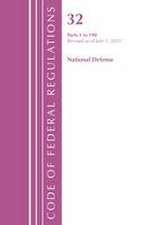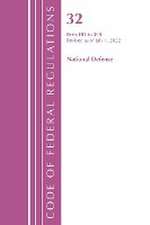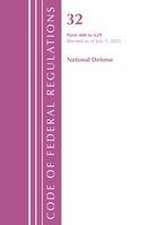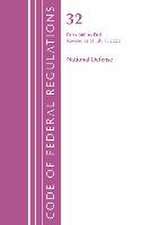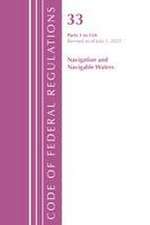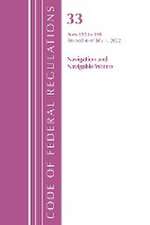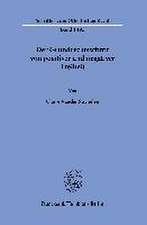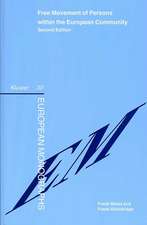No Law: Intellectual Property in the Image of an Absolute First Amendment
Autor David Lange, H. Jefferson Powellen Limba Engleză Paperback – 26 oct 2008
The original text of the Constitution grants Congress the power to create a regime of intellectual property protection. The first amendment, however, prohibits Congress from enacting any law that abridges the freedoms of speech and of the press. While many have long noted the tension between these provisions, recent legal and cultural developments have transformed mere tension into conflict. No Law offers a new way to approach these debates.
In eloquent and passionate style, Lange and Powell argue that the First Amendment imposes absolute limits upon claims of exclusivity in intellectual property and expression, and strips Congress of the power to restrict personal thought and free expression in the name of intellectual property rights. Though the First Amendment does not repeal the Constitutional intellectual property clause in its entirety, copyright, patent, and trademark law cannot constitutionally license the private commodification of the public domain.
The authors claim that while the exclusive rights currently reflected in intellectual property are not in truth needed to encourage intellectual productivity, they develop a compelling solution for how Congress, even within the limits imposed by an absolute First Amendment, can still regulate incentives for intellectual creations. Those interested in the impact copyright doctrines have on freedom of expression in the U.S. and the theoretical and practical aspects of intellectual property law will want to take a closer look at this bracing, resonant work.
In eloquent and passionate style, Lange and Powell argue that the First Amendment imposes absolute limits upon claims of exclusivity in intellectual property and expression, and strips Congress of the power to restrict personal thought and free expression in the name of intellectual property rights. Though the First Amendment does not repeal the Constitutional intellectual property clause in its entirety, copyright, patent, and trademark law cannot constitutionally license the private commodification of the public domain.
The authors claim that while the exclusive rights currently reflected in intellectual property are not in truth needed to encourage intellectual productivity, they develop a compelling solution for how Congress, even within the limits imposed by an absolute First Amendment, can still regulate incentives for intellectual creations. Those interested in the impact copyright doctrines have on freedom of expression in the U.S. and the theoretical and practical aspects of intellectual property law will want to take a closer look at this bracing, resonant work.
Preț: 253.97 lei
Nou
Puncte Express: 381
Preț estimativ în valută:
48.61€ • 52.82$ • 40.86£
48.61€ • 52.82$ • 40.86£
Carte disponibilă
Livrare economică 31 martie-14 aprilie
Preluare comenzi: 021 569.72.76
Specificații
ISBN-13: 9780804745796
ISBN-10: 080474579X
Pagini: 456
Dimensiuni: 152 x 229 x 25 mm
Greutate: 0.61 kg
Ediția:1
Editura: Stanford University Press
Colecția Stanford Law Books
ISBN-10: 080474579X
Pagini: 456
Dimensiuni: 152 x 229 x 25 mm
Greutate: 0.61 kg
Ediția:1
Editura: Stanford University Press
Colecția Stanford Law Books
Recenzii
"Overall, I strongly recommend the book. It was a complex and intellectually stimulating read. It clearly describes the field of intellectual property today...The book should be required reading for anyone interested in the area of copyright law and would find a home in any course focused on constitutional law, intellectual property or public policy."—The Law and Politics Book Review
"No Law has everything that makes a book valuable. It is clearly written, makes an original argument based on exhaustive research and challenges conventional thinking. Moreover, it offers a possible solution to a pressing social question."—International Journal of Communication
"I was provoked and engaged by this book! There is much to learn here about intellectual property and the First Amendment, both separately and together. No Law is a very elegantly written, well-organized, and readable work of legal fantasy, and I mean this in a good sense."—Paul J. Heald, University of Georgia
"This will be one of the most important books about intellectual property published this decade. The scholarship is more than excellent, the research is careful and well-documented, and the writing is nimble and illuminating." —-Keith Aoki, University of California, Davis
"Inspired at times by Justice Hugo Black, at times by Jerry Garcia, Lange andPowell deliver an irreverent polemic, arguing for a world in which a more robust understanding of the First Amendment and its commitment to genuinelyfree expression require a fundamental restructuring of our overly inflated systems of copyright and similar exclusive speech-licensing regimes."—Yochai Benkler, author of The Wealth of Networks: How Social Production Transforms Markets and Freedom
Notă biografică
David Lange is Melvin G. Shimm Professor of Law at Duke University. He is coauthor of Intellectual Property: Cases and Materials (3rd ed., 2007). H. Jefferson Powell is Professor of Law at Duke University. His publications include The President's Authority over Foreign Affairs: An Essay in Constitutional Interpretation (rev. ed., 2005).
Descriere
No Law embraces an absolutist first amendment position to challenge the conventional idea that Congress may make laws abridging the freedom of expression to protect intellectual property
